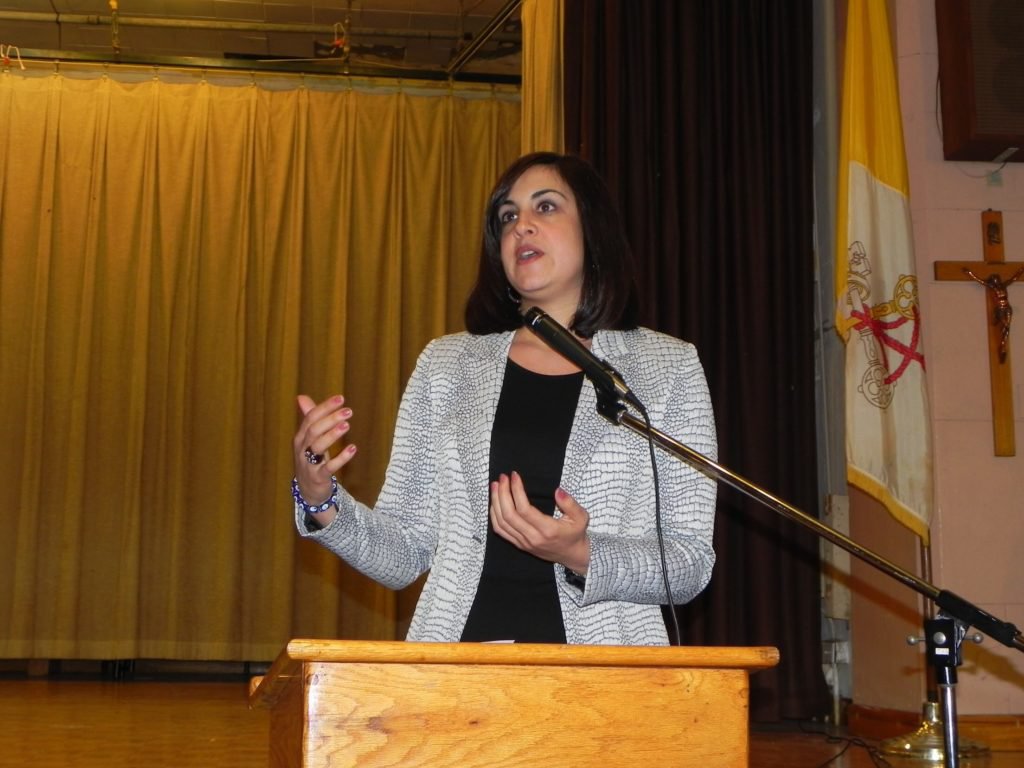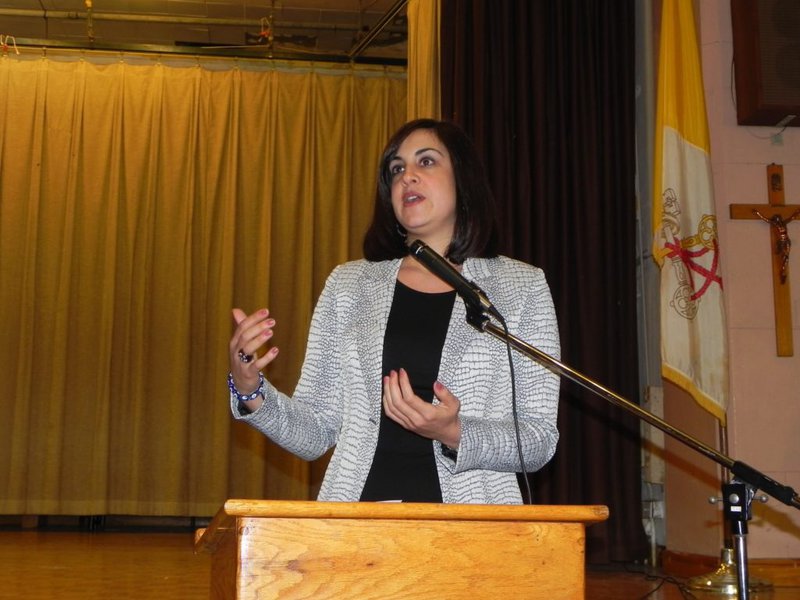Malliotakis responds to changes made in bail reform law

Assemblymember Nicole Malliotakis discussed bail reform law and applauded the changes being adopted in the state budget. According to the assemblymember, many of them were solutions she proposed. The fixes included adding a large number of offenses that are reflected in legislation she drafted.

Changes applauded
“Not only did we add a significant number of offenses to those that qualify for bail, we added provisions to stop ‘unlimited chances’ by ensuring that a person who either commits a crime after being released on their own recognizance, is on probation or is on post release supervision will have to face a judge in court who will be able to set bail,” Malliotakis said.
Additions to the bill
Malliotakis added the bill adds a large number of offenses to the list of “qualifying offenses” that are eligible for bail. These include:
- Class A-I felony drug offenses;
- Sex trafficking;
- Money laundering in support of terrorism in the 3rd and 4th degrees;
- Promoting an obscene sexual performance by a child
- Promoting a sexual performance by a child
- Any crime that is alleged to cause the death of another person;
- Criminal obstruction of breathing or blood circulation, strangulation in the 2nd degree, or unlawful imprisonment 1st where committed against a member of the same family or household;
- Aggravated vehicular assault in the 1st degree;
- Vehicular assault in the 1st degree
- Assault in the 3rd degree or arson in the 3rd degree when charged as a hate crime;
- Aggravated assault upon a person less than eleven years old;
- Criminal possession of a weapon on school grounds;
- Grand larceny in the 1st degree:
- Enterprise corruption;
- Money laundering in the 1st degree;
- Failure to register as a sex offender or endangering the welfare of a child where the defendant is registered as a level three sex offender; and
- Bail jumping or escape from custody.

“I’m happy to have worked with the District Attorneys’ Association, police unions, my colleagues and the public to demand common-sense changes to protect public safety,” she added. “While more can still be done to make the law better, this is a big step in the right direction.”